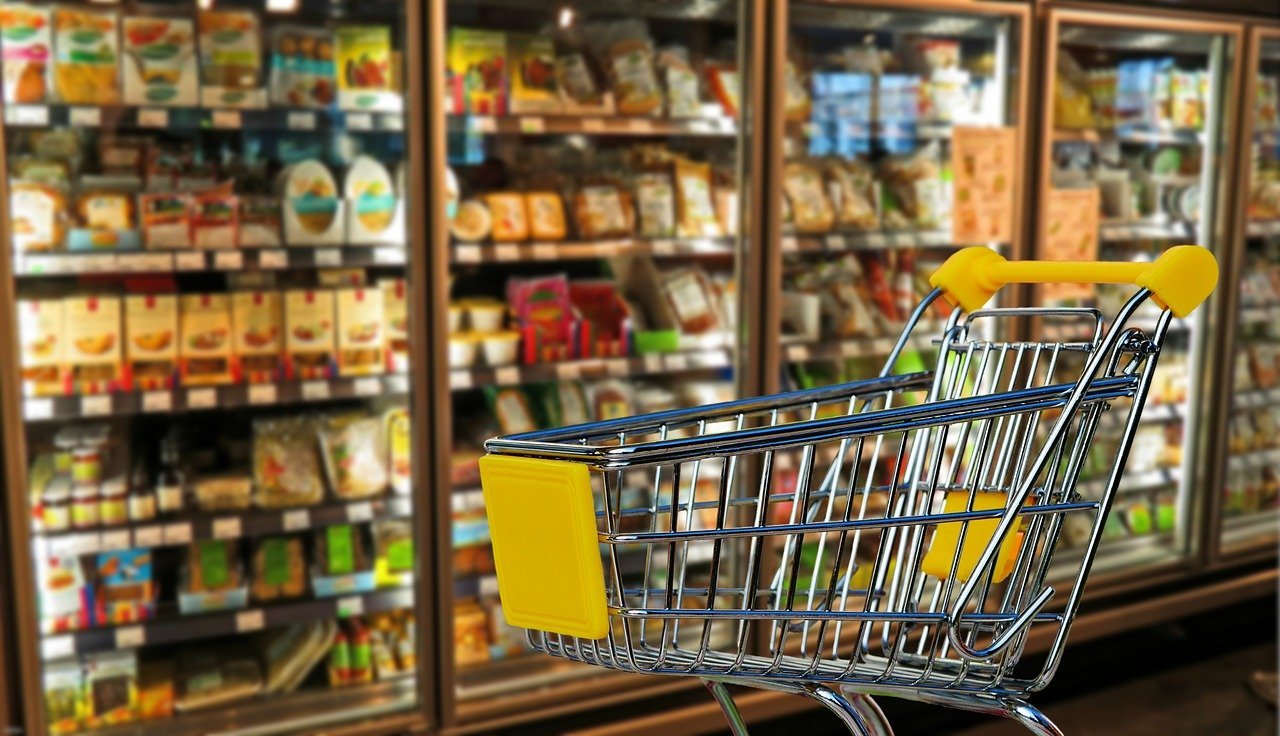- Retail sales volumes fell 2.5% between June and July, but were up 5.2% in the three months to July and are 5.8% above their pre-pandemic February 2020 levels.
Q2 2021 hedge fund letters, conferences and more
- Food store volumes fell 1.5% compared to June, as the Euros effect passed.
- Sales volumes of clothing and household goods both fell 2%.
- Sales volumes in non-food stores fell 4.4% from June.
- Petrol sales fell 2.9%, the first fall since February, as the miserable weather put us off going anywhere. They’re now 6.7% below the February 2020 pre-pandemic level.
- The share of spending online rose back up to 27.9% in July 2021. This is down from 28.4% in May, but remains higher than before the pandemic (19.8%).
The ONS has released monthly retail sales data for July.
Retail Sales Volumes Drop
Sarah Coles, personal finance analyst, Hargreaves Lansdown.
“The holiday season was a bit of a washout for sales in July. The miserable weather kept a lid on everything from BBQs at home to road-trips and shopping for a holiday wardrobe. Meanwhile, efforts to entertain ourselves with new technology at home were stymied by shortages. Sales are still higher than usual for the time of year, as we make up for the lost shopping months at the start of the year. However, they have pulled back since the peak in April.
In the absence of a decent BBQ season, we gave ourselves a bit of a break from the kitchen, buying less food, and spending more in restaurants and takeaways.
However, we haven’t completely abandoned our new eating habits, because food sales are still up 4.9% from pre-pandemic levels in February 2020. After all these years of being told how much money we could save by preparing food at home and taking it out with us, it took a year of being forced to eat a few feet from the fridge for us to realise just how much we were wasting on shop-bought sandwiches.
While the rain came down, we didn’t see the point in getting a new wardrobe, especially with so many people holidaying in the UK this year, so clothing sales didn’t get a boost from last-minute swimwear purchases. We didn’t see much point in driving either, especially as flooding made it impossible in some areas. Our enthusiasm for road trips was also curtailed by the rocketing price of fuel, so we started to think twice before getting in the car. We’d seen petrol sales reach their highest point since the onset of the pandemic earlier in the spring and summer, but they took a step back in July.
As anyone who decided to splash out on a new games console for the holidays knows, shortages of chips and hauliers kept a lid on sales of these too. It’s one reason why sales of new computers, telecoms and electrical goods fell back.
Online shopping was a beneficiary of our reluctance to leave the house for entertainment. Sales rose again, pushed up particularly by sales in department stores. We didn’t fancy leaving the house, so we decided to fill it with a bit more stuff.”
About Hargreaves Lansdown
Over 1.64 million clients trust us with £135.5 billion (as at 30 June 2021), making us the UK’s largest digital wealth management service. More than 98% of client activity is done through our digital channels and over 600,000 access our mobile app each month.






